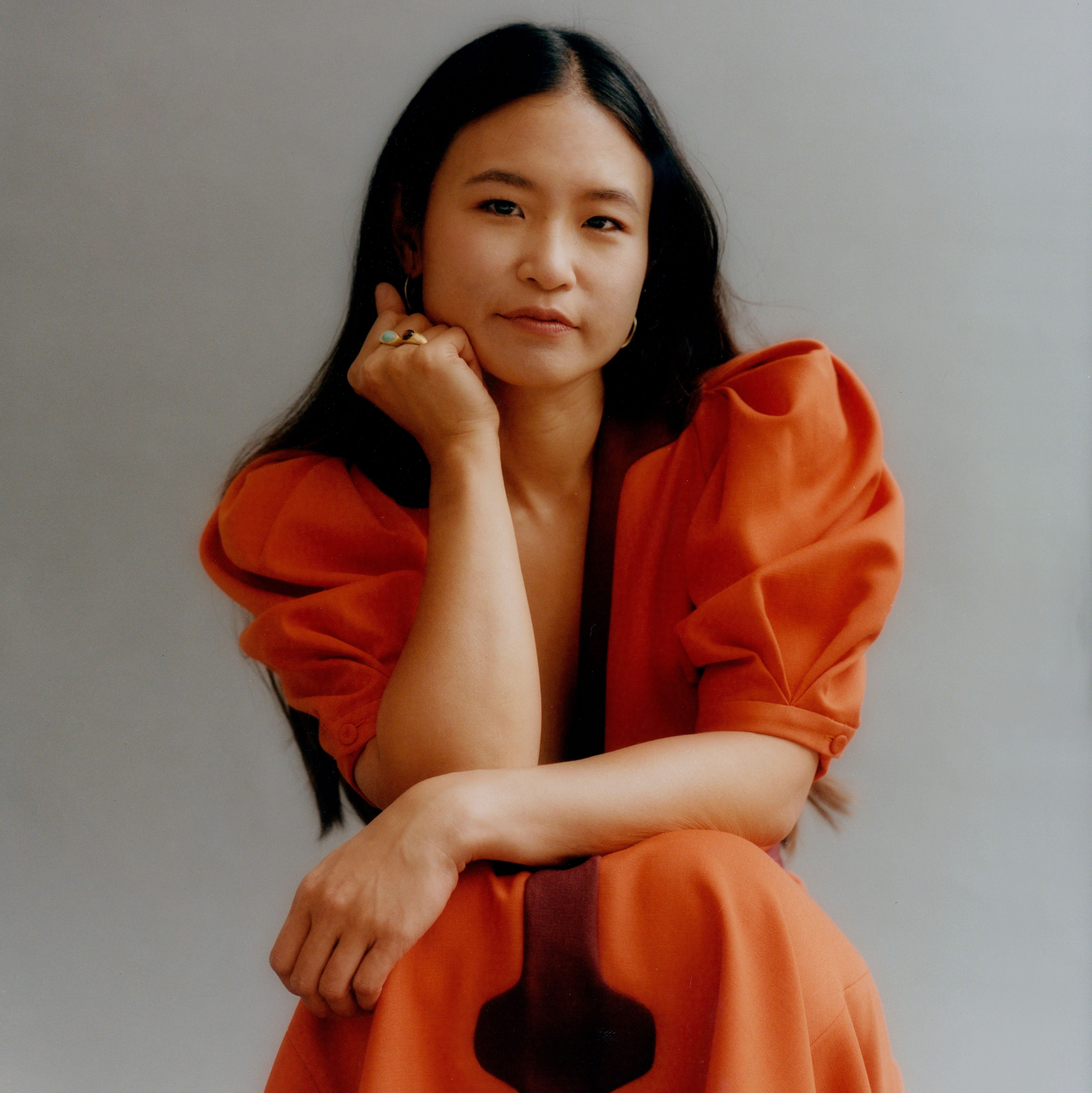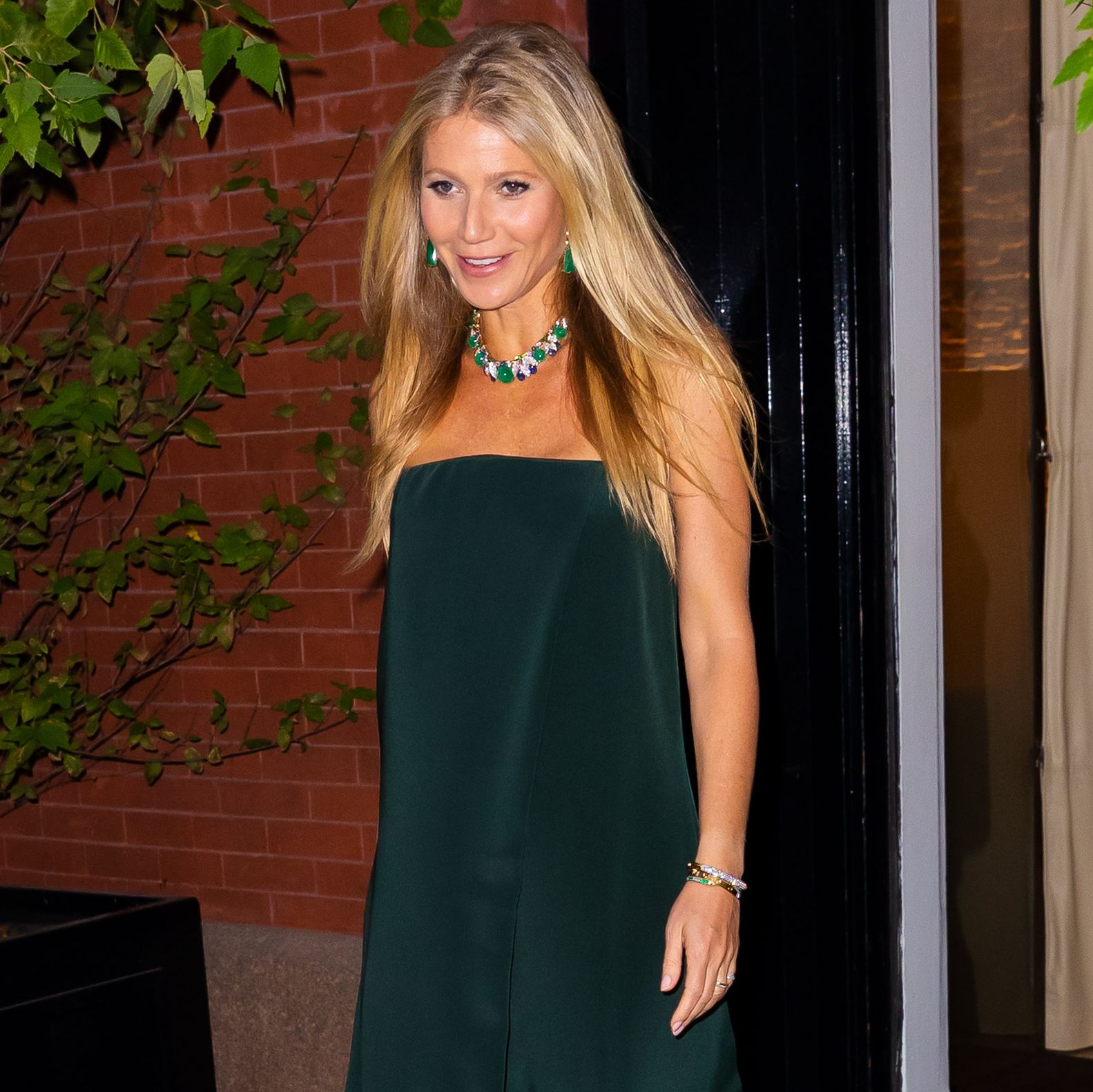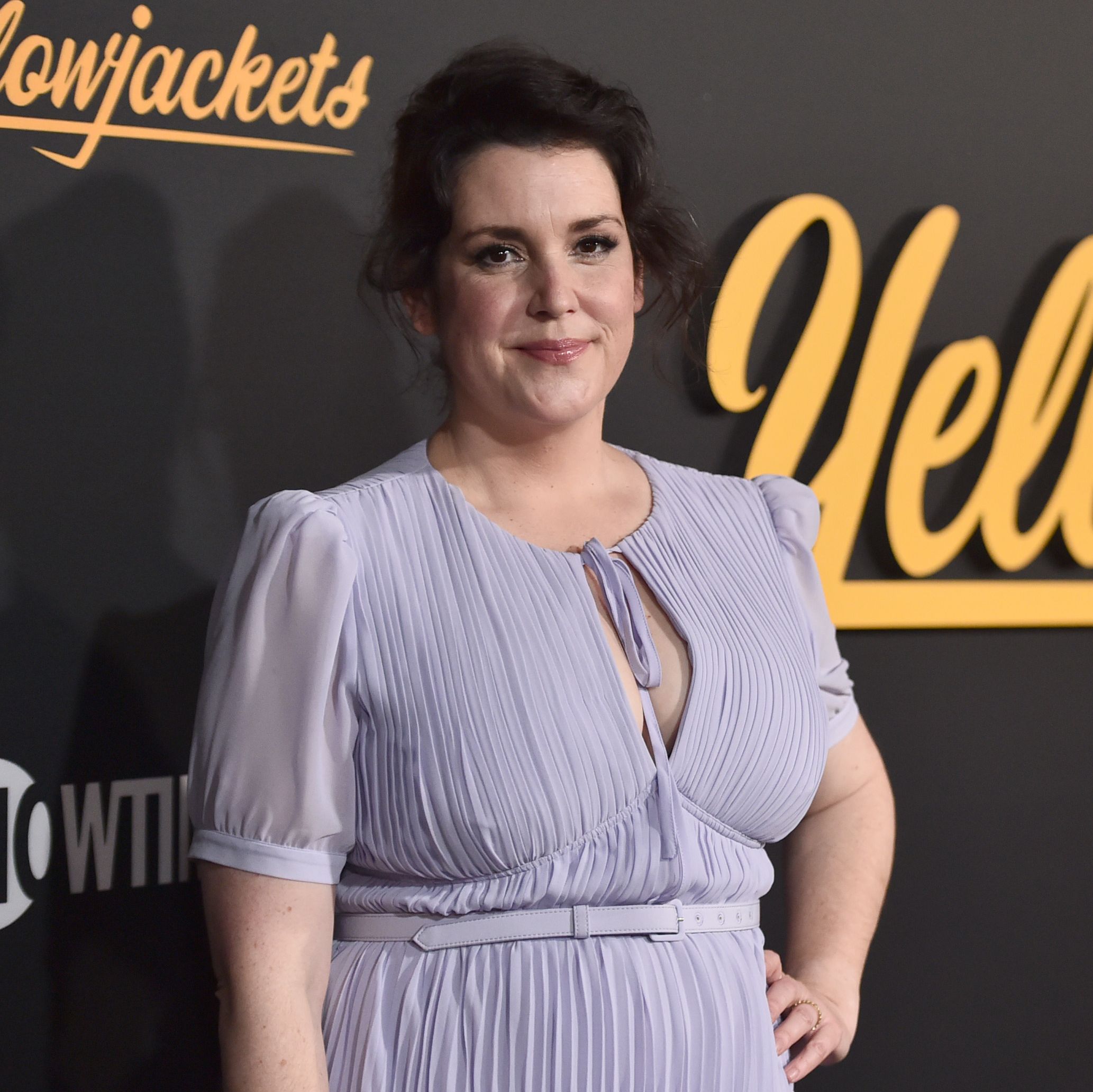It's past closing time at Hemster, a buzzy tailoring start-up in Williamsburg, Brooklyn, and as the sun sets outside the industrial windows, tailors and patternmakers store spools of thread and put away irons. Inside a conference room, two women, heads bent over their laptops, are still working. One is Ann Lai, a venture capitalist who's on Hemster's board, and the other is its founder and CEO, Allison Lee. They talk at a rat-a-tat pace, so fast it's like they're getting graded on a decision-per-minute metric. The best layout for the new factory? That one. How to roll out Hemster at a big retail chain store? Like this. How can we segment customers? Here's how. It all comes down to this: how to make something as touchy-feely, as individualistic, as tailoring into a data set that can be modeled and mined to analyze what customers might spend and how to capture their loyalty. That's Lai's specialty, though for several years, effectively barred from working in the venture capital industry, she couldn't get a job doing it.
Lai was so good at science and math that in high school, she won international science fairs, worked in a graduate lab, and filed a patent stemming from her research. She went on to Harvard, where she got her bachelor's, master's, and PhD. After completing her PhD in 2009, she worked in data analytics and growth, then joined Binary Capital, a San Francisco Bay Area venture capital (VC) firm focused on next-hot-thing consumer companies like Snapchat. Lai joined the firm hoping she could use data to level the notoriously lopsided VC playing field, so that all sorts of founders could be evaluated for investments rather than just the bro-boys' network. But over time, Lai bristled at how the firm's partners treated and spoke about women, as she later claimed in a lawsuit against Binary and its two founding partners (the suit was ultimately settled, with all defendants denying liability). And so although she didn't have another job lined up, she quit Binary in 2016 after nearly a year and a half at the firm, telling the partners why. "I was like, 'I can't be in a place that makes money for guys like this,'" Lai says.
"Is that your narrative?" one of Binary's two founding partners, Justin Caldbeck, asked when she told him she was quitting, according to Lai's lawsuit, which was filed about a year after she resigned. "If you want to leave Binary, I'll make it happen and make sure you have no narrative."


"Is that your narrative?" one of Binary's two founding partners, Justin Caldbeck, asked when she told him she was quitting, according to Lai's lawsuit, which was filed about a year after she resigned. "If you want to leave Binary, I'll make it happen and make sure you have no narrative."" title="It's past closing time at Hemster, a buzzy tailoring start-up in Williamsburg, Brooklyn, and as the sun sets outside the industrial windows, tailors and patternmakers store spools of thread and put away irons. Inside a conference room, two women, heads bent over their laptops, are still working. One is Ann Lai, a venture capitalist who's on Hemster's board, and the other is its founder and CEO, Allison Lee. They talk at a rat-a-tat pace, so fast it's like they're getting graded on a decision-per-minute metric. The best layout for the new factory? That one. How to roll out Hemster at a big retail chain store? Like this. How can we segment customers? Here's how. It all comes down to this: how to make something as touchy-feely, as individualistic, as tailoring into a data set that can be modeled and mined to analyze what customers might spend and how to capture their loyalty. That's Lai's specialty, though for several years, effectively barred from working in the venture capital industry, she couldn't get a job doing it.
Lai was so good at science and math that in high school, she won international science fairs, worked in a graduate lab, and filed a patent stemming from her research. She went on to Harvard, where she got her bachelor's, master's, and PhD. After completing her PhD in 2009, she worked in data analytics and growth, then joined Binary Capital, a San Francisco Bay Area venture capital (VC) firm focused on next-hot-thing consumer companies like Snapchat. Lai joined the firm hoping she could use data to level the notoriously lopsided VC playing field, so that all sorts of founders could be evaluated for investments rather than just the bro-boys' network. But over time, Lai bristled at how the firm's partners treated and spoke about women, as she later claimed in a lawsuit against Binary and its two founding partners (the suit was ultimately settled, with all defendants denying liability). And so although she didn't have another job lined up, she quit Binary in 2016 after nearly a year and a half at the firm, telling the partners why. "I was like, 'I can't be in a place that makes money for guys like this,'" Lai says.
"Is that your narrative?" one of Binary's two founding partners, Justin Caldbeck, asked when she told him she was quitting, according to Lai's lawsuit, which was filed about a year after she resigned. "If you want to leave Binary, I'll make it happen and make sure you have no narrative."" style="text-decoration: none; -ms-interpolation-mode: bicubic; height: auto; border: 0; width: 600px; max-width: 100%; display: block;" width="600"> It's past closing time at Hemster, a buzzy tailoring start-up in Williamsburg, Brooklyn, and as the sun sets outside the industrial windows, tailors and patternmakers store spools of thread and put away irons. Inside a conference room, two women, heads bent over their laptops, are still working. One is Ann Lai, a venture capitalist who's on Hemster's board, and the other is its founder and CEO, Allison Lee. They talk at a rat-a-tat pace, so fast it's like they're getting graded on a decision-per-minute metric. The best layout for the new factory? That one. How to roll out Hemster at a big retail chain store? Like this. How can we segment customers? Here's how. It all comes down to this: how to make something as touchy-feely, as individualistic, as tailoring into a data set that can be modeled and mined to analyze what customers might spend and how to capture their loyalty. That's Lai's specialty, though for several years, effectively barred from working in the venture capital industry, she couldn't get a job doing it.
Lai was so good at science and math that in high school, she won international science fairs, worked in a graduate lab, and filed a patent stemming from her research. She went on to Harvard, where she got her bachelor's, master's, and PhD. After completing her PhD in 2009, she worked in data analytics and growth, then joined Binary Capital, a San Francisco Bay Area venture capital (VC) firm focused on next-hot-thing consumer companies like Snapchat. Lai joined the firm hoping she could use data to level the notoriously lopsided VC playing field, so that all sorts of founders could be evaluated for investments rather than just the bro-boys' network. But over time, Lai bristled at how the firm's partners treated and spoke about women, as she later claimed in a lawsuit against Binary and its two founding partners (the suit was ultimately settled, with all defendants denying liability). And so although she didn't have another job lined up, she quit Binary in 2016 after nearly a year and a half at the firm, telling the partners why. "I was like, 'I can't be in a place that makes money for guys like this,'" Lai says.
"Is that your narrative?" one of Binary's two founding partners, Justin Caldbeck, asked when she told him she was quitting, according to Lai's lawsuit, which was filed about a year after she resigned. "If you want to leave Binary, I'll make it happen and make sure you have no narrative." Kendall and Hailey Bieber were hitting the studio. A fan wanted to know if you ever really get over a divorce. "Most egregious are the 'I care about her health!!' people," wrote Lynskey. She is asking fans to step back from criticizing Timberlake. |











